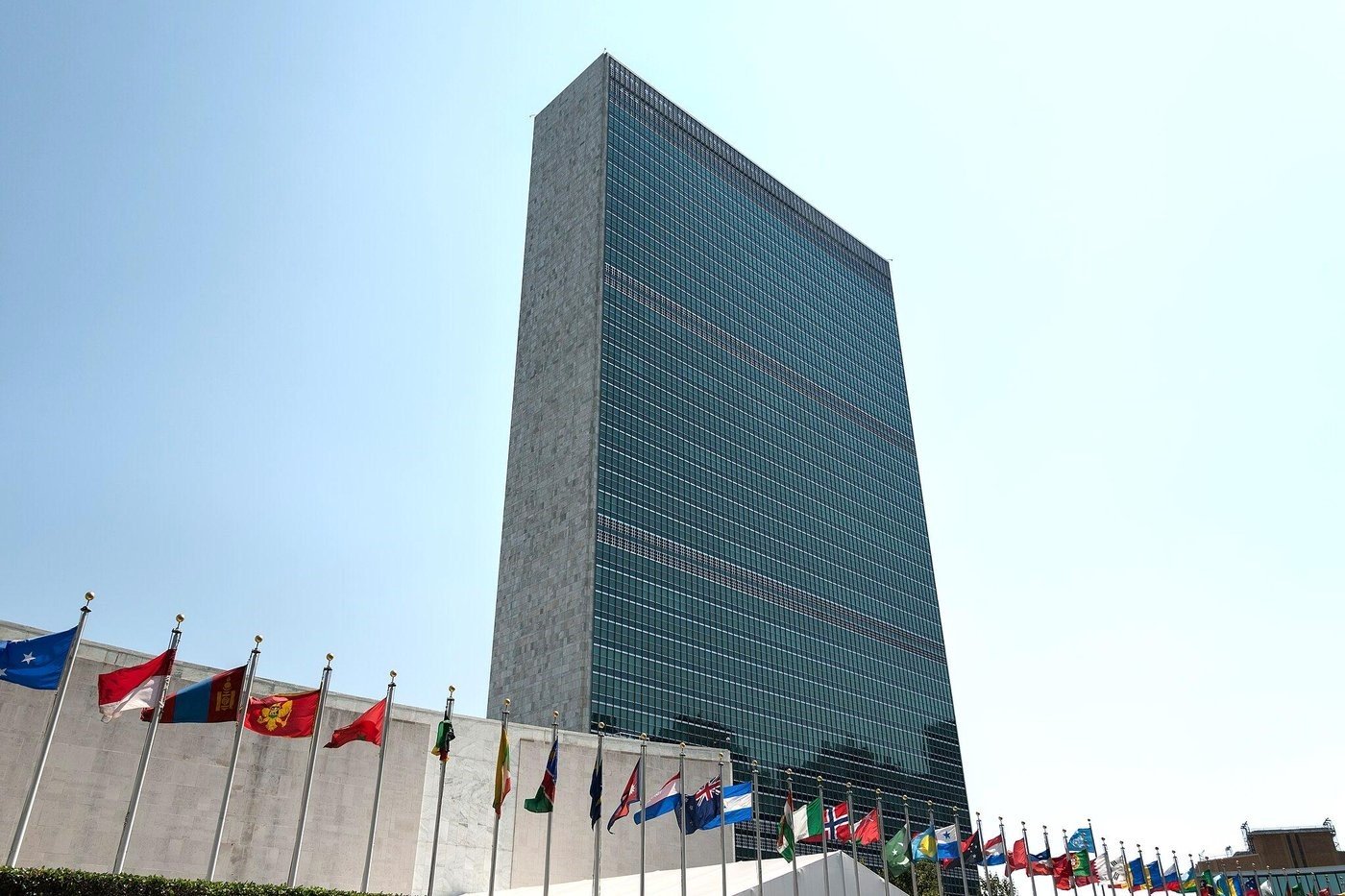“A problem never exists in isolation; it is surrounded by other problems in space and time. The more of the context of a problem that a scientist can comprehend, the greater are his chances of finding a truly adequate solution.”
Russell L. Ackoff
In Flanders and Belgium the beginning of 2019 was marked by an impressive series of climate marches. Especially the recurring Thursday marches with thousands of high school students skipping classes to shake up society and calling the political class to take climate change more seriously and to act without further due, stirred up the public debate on climate and sustainability. This resulted in an unprecedented call for climate action which resonated through the entire Belgian society. The resulting debate clearly illustrated the complexity of the challenge, and how powerless isolated knowledge and expertise can be in the face of this complexity. Again it became clear: climate change is not a tame problem, it is a wicked problem.
A tame problem is making your kids leave for school in the morning fully packed and in time. A wicked problem is staying a good parent to them throughout their lives. A tame problem is heart surgery. A wicked problem is providing quality and affordable preventive healthcare for all. A tame problem is developing electric vehicles. Developing a sustainable mobility system is a wicked problem. Because replacing all fossil fuel powered vehicles with electric ones does not solve traffic congestion, does not make public transport more attractive, does not increase road safety…

Our ambition should be to accelerate the transition to a sustainable world. It implies shifting focus from tame to wicked problems. Not merely seeking technological solutions for technological problems, but putting technology in place in a way that responds to societal sustainability challenges, and at the same time makes sense within a sustainable economic context. Such a ‘systemic’ approach to innovation reveals triggers and leverage points where targeted interventions can result in large impacts for the whole of society. VITO ‘par excellence’ has the potential to do this, because of its multidisciplinary research team, and the many complementary expertise fields that allow VITO to develop cross-disciplinary and cross-sectoral perspectives on sustainable innovation.
Such a view implies that focusing solely on Technological Readiness Level might not suffice. Technological solutions need a strong increase in societal uptake. Even technologies which seem market ready, all too often fail to reach the end users in society. To a certain extent this has to do with the lack of appropriate business models. In the transition to the circular economy, for example. Therefore we developed a webbased tool, called the Circulator. It helps companies to navigate potential circular strategies and learn from inspiring cases.
Other times companies or governments lack a solid basis for their decisions, keeping solutions from being implemented because no choices are being made. That is why specific decision support tools are being developed. Take the Urban Energy Pathfinder: a multi-energy vector (sun, wind, heat, biomass), multi-scale (from building level to regional level) web based decision support tool for reaching GHG emission reduction targets through a mix of energy efficiency measures and integration of renewables, allowing the user to define and calculate scenarios and their impact (energy, CO2 , financial) to assist in energy master planning. Or the ‘Greentool’, a decision support tool developed for the city of Antwerp to advise urban planners and city officials on the application of urban green in real estate development and infrastructural changes. It offers an integrated insight into the advantages of including vegetation and water bodies in urban developments for environmental factors like air quality, heat stress, noise, biodiversity, CO2 -capture and recreation.

Surely, developing technological answers to specific targeted problems remains necessary, since the urgency of climate change also requires immediate improvements on the short term. Preferably in a way that avoids lock-ins, buying us time to develop the more radical, transformative innovations required. For example CCU with CO2 conversion into new chemicals (e-fuels) or building materials that allow to store CO2 on a longer time scale or at least create a longer cycle time of CO2 before being emitted. Or by turning a waste stream like dredge spoil filter cake into pellets that react with cement, enabling to replace a part of cement, which drastically reduces CO2-emissions. But we need to raise the ambition for technological solutions, following our systemic approach. We believe that we have to move beyond single problem – single solution tracks, and look for solutions that solve multiple problems at once.
The interesting thing about this line of thought, is that it brings researchers and their stakeholders to the insight that by integrating challenges and broadening the solution perspective, it is possible to tap into new added value settings. Combining CCU with deep geothermal energy could innovate business models for the transition to a sustainable energy system. Combining smart grid technology with urban mobility challenges could lead us to new integrated solutions for cities. Further digitization of agriculture by using Remote Sensing and Artificial Intelligence techniques will not only improve production quantity and quality, it can potentially rebalance the value chain for a fairer distribution of profit amongst the actors in the food chain and stimulate sustainable business model innovation for small scale farmers.
One more example, on the crossroad between our sustainable materials program and our energy research. We are looking into new battery design and battery management systems allowing to increase the energy density of batteries and more efficient utilization of batteries. We believe that this can contribute significantly to the electrification of transport. And to find out how energy and mobility transition interact, we are setting up a pilot project in which different shared and public mobility alternatives are combined with renewable energy production in an urban context.

In all these developments many companies active in the market are very interested to develop solutions and create business; but as a research institute also supporting governments with policy advise grounded in thorough research we must invite all societal actors to look for higher integrated effects of the many possible solutions at hand.
Given the urgency of climate change we do not want to risk shifting problems, for example when a solution for energy efficiency might immediate lower the carbon foot print but at the same time undermines the affordability of housing for the not so well-off. Solving problems by creating new ones in our view is not sustainable. We therefore believe that a fact-based approach to integrate sustainability challenges in a broad perspective, embedded in an economic and social reality is the way forward. As a connection between government, academia, companies and citizens, VITO – as a research institution – is in a unique position to realize this.
Editor’s Picks – Related Articles:


“Technology Trends Transforming the World”










